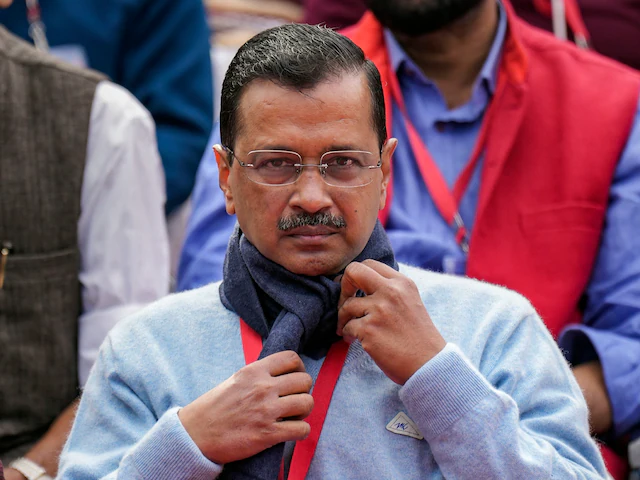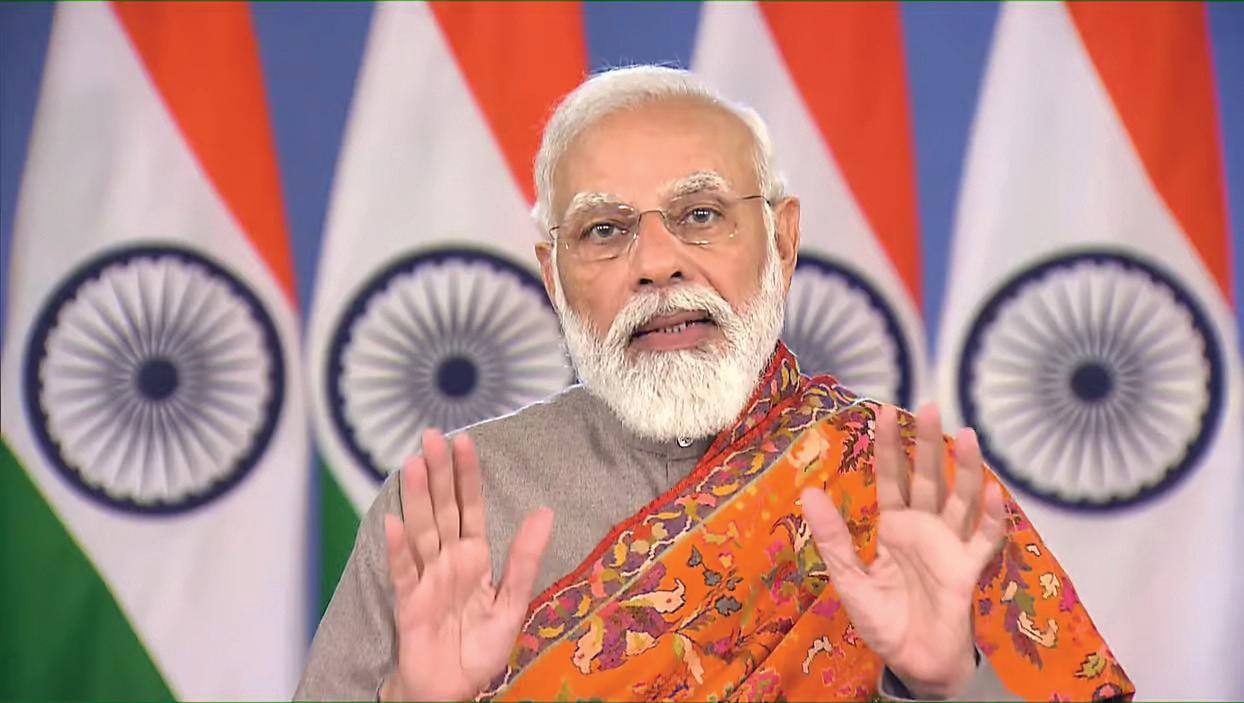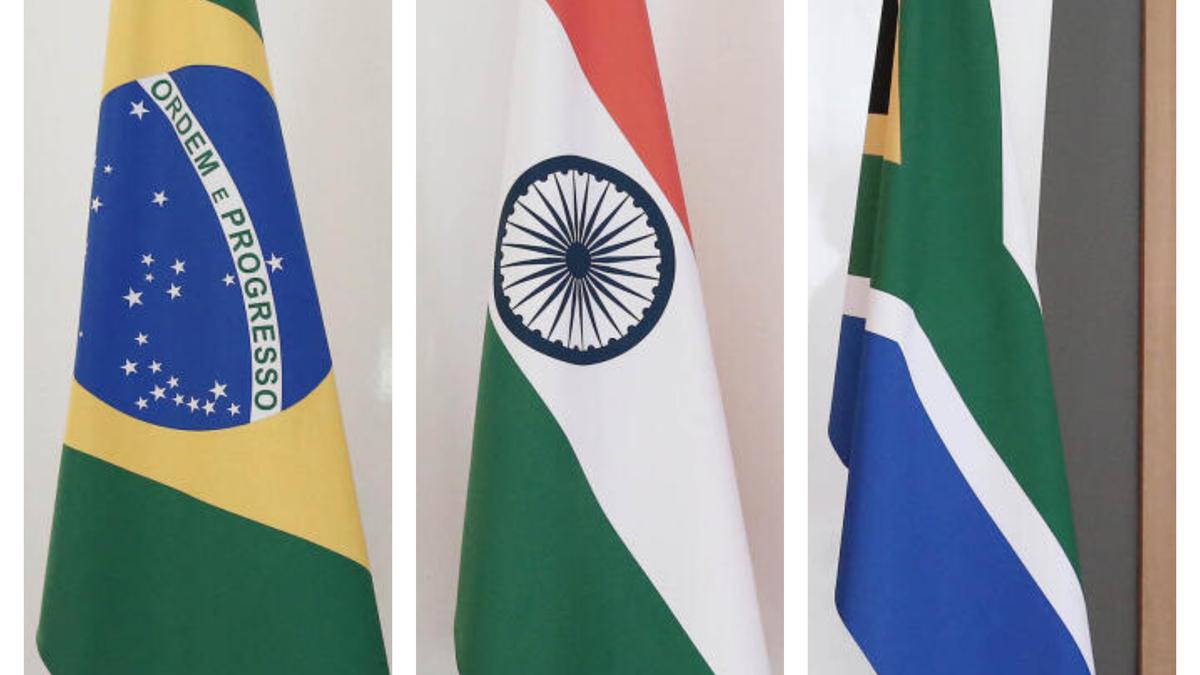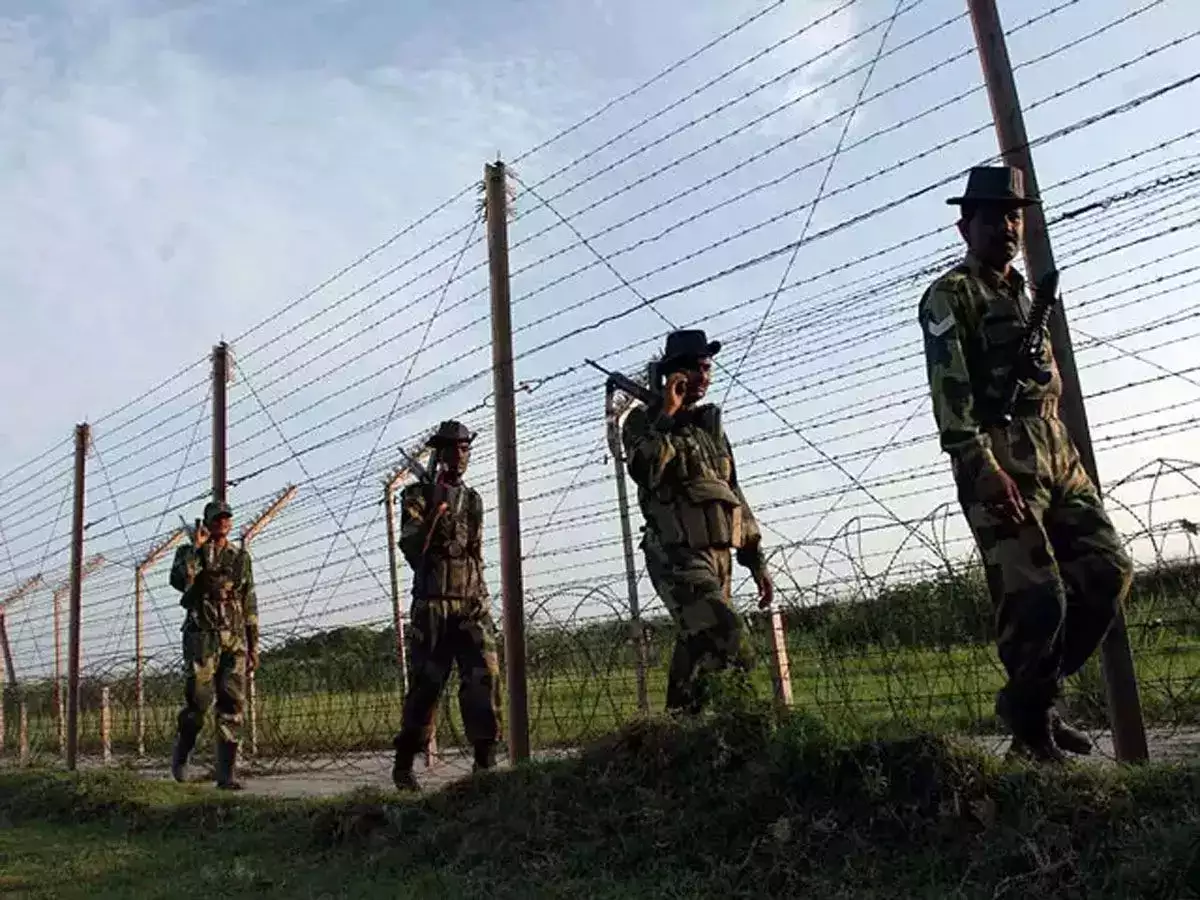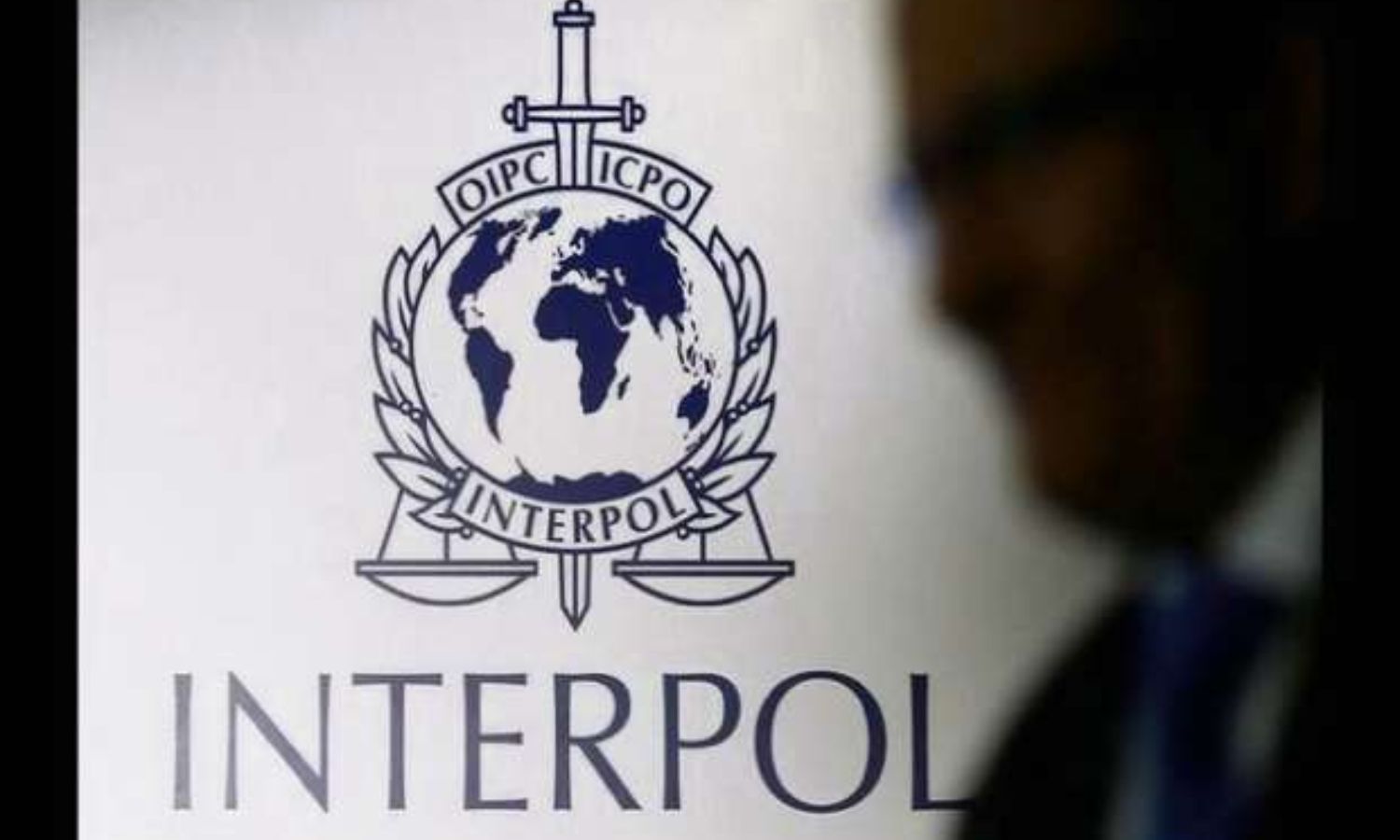Logistics refers to the overall process of acquiring goods, their storage and their transportation to the final destination. The logistics sector is now considered as one of the most important sectors contributing to the Indian economy.
The Indian logistics sector has been growing at a rapid pace and is expected to reach $380 billion-mark by 2025. Constant growth in online buying and thus e-commerce business, the government’s focus on localised manufacturing through “Make in India” drive, and the onset of many D2C businesses, all these augurs well for the country’s logistics industry in 2022 and beyond.
The logistic industry is mainly dependent on two of the most unorganised sectors of India, transportation and warehousing. Digitalisation has been implemented in logistics services, and it is the reason for a drastic improvement in port management and transportation efficiency, that is directly boosting the economy by speeding up the delivery of goods and improving international relations.
The growth of the Indian economy is significantly associated with the expansion of the logistics sector and the transportation marketplace. Logistics joins all the elements of production with the manufacturers and the consumers that create the economies of both scale and scope.
Growing demand, foreign infrastructure investments, e-commerce growth and digitalisation are just a few of the forces that have fuelled the development of transportation and logistics services. Increasing foreign trade and the growth of private online transportation service providers are also factors. As a result, by serving as many people as possible, it is fuelling our Indian economy.
In such a scenario, which are the companies which are likely to derive maximum benefit and grow significantly within the logistics sector both domestically as well as globally? One such company, which is a dominant leader in the entire logistics value chain, is Allcargo Logistics Ltd (ALL), a multinational company engaged in providing integrated logistics solutions.
ALL offers specialised logistics services across multimodal transport operations, inland container depot, container freight station operations, contract logistics operations & project and engineering solutions. It provides logistics services such as non-vessel owning common carrier (NVOCC), container freight station (CFS), inland container depot (ICD), warehousing, coastal shipping, express logistics, project logistics and equipment leasing.
The company has a strong presence at major container ports that handle >70% of India’s container traffic. It is the global leader in ‘less than container load’ (LCL) consolidation and is India’s largest integrated logistics services provider.
ALL is a leading player in the CFS segment, which is its most profitable business, with stations at four major ports of India, and an ICD at Dadri in Uttar Pradesh. Its operations are well spread out with 20% coming from Europe, 20% coming from Americas, 25% coming from the Indian subcontinent, Middle East & Africa and 35% coming from the APAC region.
Besides LCL consolidation, Allcargo has also forayed into FCL freight-forwarding through acquisition of FCL Marine, a Netherlands based FCL freight-forwarding company. ECU Worldwide – Allcargo’s 100% owned subsidiary – is the Largest Player Globally in the LCL Market. ECU’s Global network in 160+ countries with 300+ offices covering over 4,000 port pairs, provides the company the ability to offer pan-global services to multinational clients.
Container volume in India is expected to be 2x by 2020, driven by EXIM trade and an increase in containerisation from the current 55% to >65% (versus developed countries’ average of 70%). Revival in EXIM trade expected to translate into higher demand for containerisation due to their efficiency.
The CFS/ICD segment operations cater to the handling of import and export cargo, customs clearance, warehousing and other related ancillary logistics services. Allcargo has a presence across the major ports, viz. JNPT, Mundra, Chennai and Kolkata, which collectively drive 80% of India’s container traffic.
Allcargo completed the acquisition of a 46.86% stake in Gati in April 2020. The board of Gati has approved allotment of shares and warrants to ALL on 17 June 2021 to raise Rs 80 crore, so that post the conversion of warrants, the stake of ALL would rise to 50.2%.
Gati Ltd offers a wide range of services, viz. express distribution, supply chain management solution, e-commerce logistics, managed value-added transportation services (MVATS) and fuel stations. The company has an extensive pan-India presence that covers almost all the districts (735 out of the total 739) in the country, operating on more than 1,900+ scheduled routes with 1,500 fleet, 5,000+ trucks and 600+ operating centres and 7,000 business partners.
As per the company, the combined total available market (surface + air + e-commerce + contract logistics) is Rs 52,500 crore. Express contributes approximately 2.5% to the Indian logistics sector, which is poised to grow 10-12% CAGR by 2025. A mere 100-bps market share could double market opportunity for express industry.
GATI has made huge investments in digital and technology for its improving its sales reach, providing convenient payment solutions for its customers, digital analytics and to scale its operations ahead. The company has also announced a major group restructuring programme which is expected to get operationalised from April 2023 onwards.
Allcargo will demerge its CFS/ICD division and its asset heavy equipment, logistics parks business into separately listed entities. The demerger would create three focused entities targeting distinct set of growth opportunities. ALL would now focus on its international supply chain (MTO) business and organic and inorganic opportunities thereon.
The company would continue maintaining its controlling stake in Gati and ACCI. Allcargo Terminals (ATL) would include operations related to CFS and ICD businesses across locations at JNPT, Mundra, Chennai and Kolkata. A joint venture with CONCOR and planned ICD at Jhajjar under Allcargo Inland Terminal would also be a part ATL.
The land bank pertaining to usage for this business would be transferred to TransIndia Realty & Logistics Parks (TRL) and this entity would continue to be managed as asset-light entity. TRL would build a portfolio of high-yielding rental assets. Also certain asset classes, which could be leased/constructed with other JV partners (Logistics Parks etc), would also be a part of TRL.
The proposed demerger of Allcargo Terminals will be in the ratio of 1 equity share of Rs 2 each fully paid up of ATL for every 1 equity share of Rs 2 each fully paid up held in Allcargo Logistics. The proposed demerger of TRL will be in the ratio of 1 equity share of Rs 2 each fully paid up of TRL for every 1 equity share of Rs 2 each fully paid up held in Allcargo.
Hence, there will be 3 companies after this demerger which will make the business asset light and wherein ALL will include the multimodal transport operations and other holdings in Gati and ACCI, ATL will include CFS and ICD segment while TRL will include equipment hiring/leasing and logistics parks (EHL&LP) business. Every share-holder of ALL will get 1 share each for every 1 share held in the ATL and TRLPL companies apart from the existing company AGLL.
The logistics industry in India is highly fragmented with a large number of unorganised players. Only 10-15% of the $215-billion Indian logistics market is owned by organised players. Several factors are playing the role of a catalyst in fuelling the growth of the logistics industry in India.
The factors are improving infrastructure nationwide, opportunities in emerging markets and channel alliances, urbanisation, faster adoption of newer technologies and digitalisation, increased consumer preference for the reduced delivery time and deployment of innovative techniques for a fast delivery of products.
The logistics industry in India, considered to be the lifeline of the country, holds unprecedented importance as it connects various markets, suppliers and customers dotted across the country, and has now been firmly embedded as an integral part of the national GDP value chain.
Hence, Allcargo is the best proxy to play the logistics theme which is likely to show strong growth over the next 3 to 5 years ahead as the company enjoys the scale and a well-established infrastructure to benefit from this change.
All this has got reflected in FY22 numbers with revenues at Rs 20,072 crore and a PAT of Rs 926 crore as against Rs 173 crore last year with a net EPS of Rs 38 as compared to Rs 7 in FY21. From a valuation perspective, the Allcargo stock has also corrected by almost 30% from its peak in January 2022 and currently trades at Rs 280 levels at a PE multiple of 7xFY23E & 6xFY24E.
These valuations look attractive considering the fact Allcargo enjoys healthy demand prospects across all its product segments, plus its focus towards capital efficiency and the huge runway for growth here in next 2 years are other key drivers which will help it perform strongly over the next 2 to 3 years which essentially puts Allcargo in a sweet spot.
(The author is the Head-Research at Profitmart Securities and a seasoned financial planner and equity researcher)


 Opinion3 years ago
Opinion3 years ago
 Entertainment8 years ago
Entertainment8 years ago
 Entertainment8 years ago
Entertainment8 years ago
 Fashion8 years ago
Fashion8 years ago
 Opinion3 years ago
Opinion3 years ago
 Politics8 years ago
Politics8 years ago
 Entertainment8 years ago
Entertainment8 years ago
 Entertainment8 years ago
Entertainment8 years ago
